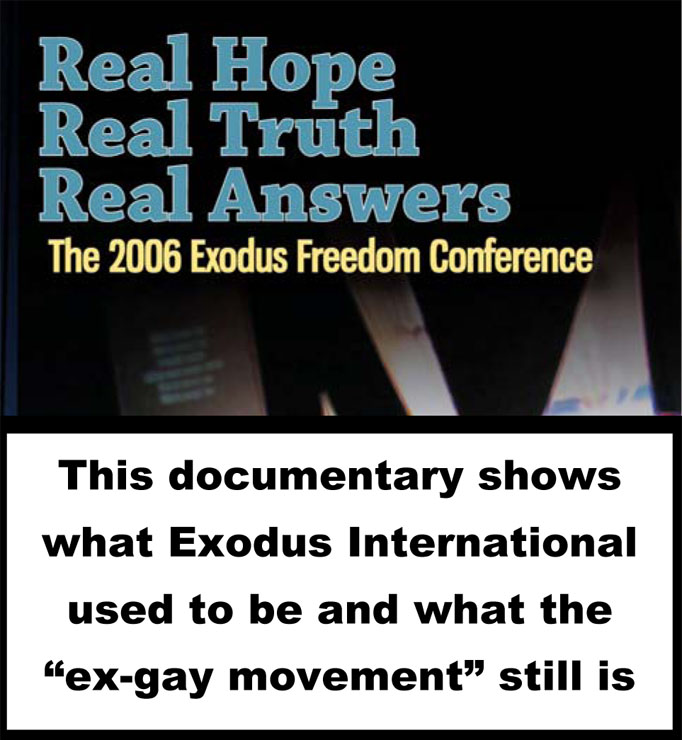Peter Sprigg explains “Why Science Doesn’t Support Orientation-Change Bans”
The following excerpt is from Peter Sprigg’s article “Why Science Doesn’t Support Orientation-Change Bans” on FirstThings.com: … “In fact, the American Psychological Association itself has actually moved away from asserting certainty about the origins of homosexuality, declaring in their most recent statement on this question that: ‘There is no consensus among scientists about the exact reasons that an individual develops a heterosexual, bisexual, gay, or lesbian orientation. . . . Many think that nature and nurture both play complex roles.’”
“If even the American Psychological Association says ‘there is no consensus among scientists’ about the origin of homosexuality, then it seems presumptuous of politicians to act as though there is in order to stifle conservative viewpoints on the issue. And if ‘nurture’ plays any role in the development of homosexuality, then it cannot be said that ‘people are born gay.’ Indeed, researchers from Columbia and Yale found that evidence supports ‘the hypothesis that less gendered socialization in early childhood and preadolescence shapes subsequent same-sex romantic preferences.’”
… “The two fundamental arguments against sexual reorientation therapy are simple: 1) such therapy does not work; and 2) such therapy is harmful. But the balance of evidence for these two claims—even in the American Psychological Association’s own writings—is not as clear-cut as the advocates of AB 3371 seem to believe.”
“On the issue of whether sexual reorientation therapy can be effective, there is an abundance of evidence that it can. There are many psychiatrists, psychologists, counselors and therapists who have reported success in treating clients for unwanted same-sex attractions. Much of this research and clinical experience has been reported in the peer-reviewed scholarly literature for decades. In addition, there are many people who have given personal testimony to changes in any or all of the measures of their sexual orientation. Even the APA acknowledged that ‘there are people who perceive that they have benefited from’ SOCE.” …





